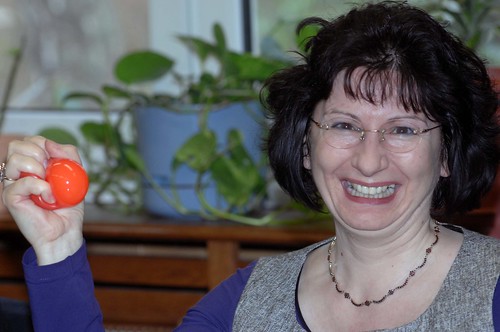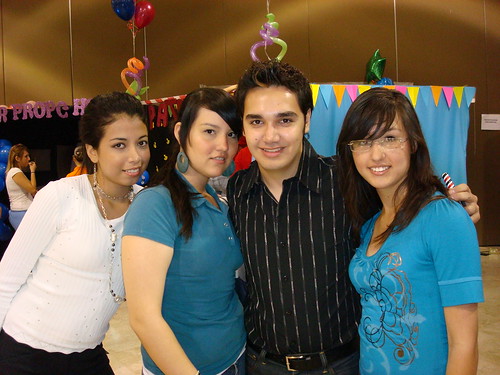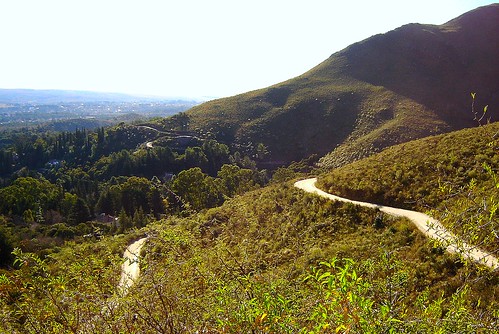 In the fifteenth century the Iberian people started opening up of Europe for the appropriation of the world. Contoured Portuguese navigators to reach the African coast to the Indian subcontinent and the Spanish and Lusitanian colonized most of what is called America. After the conquest of vast areas of Asia, the last major European expansion was in black Africa and the lands of Islam: the two realities that converge in Sudan.
In the fifteenth century the Iberian people started opening up of Europe for the appropriation of the world. Contoured Portuguese navigators to reach the African coast to the Indian subcontinent and the Spanish and Lusitanian colonized most of what is called America. After the conquest of vast areas of Asia, the last major European expansion was in black Africa and the lands of Islam: the two realities that converge in Sudan.The interior of Africa had been largely sheltered by geography and climate, especially inhospitable to European penetration. Only the discovery of quinine and the river gunboat in the second half of the nineteenth century colonialism allowed to be extended to black Africa. But unlike in America, it was not to recreate an idea of Europe but to exploit and make a show of power by the new conquered lands.
The scramble for Africa which had the major players in the UK and France, with Portugal as an extra in a phrase and Italy on the caboose, required the adoption of ground rules and the powers gathered in Berlin in 1885 demarcated areas of influence and occupation. London, which already controlled the Suez Canal opened in 1867, established an informal protectorate over Egypt in 1882 and started the discovery to the south to plant the Union Jack in the mouths of the Nile, and the defeat of the Mahdi and his successors in Ondurman battle in 1898, would consolidate an Anglo-Egyptian rule, which would have nothing of the latter, on Sudan.
The territory gained independence in the wave of the 50 that affected much of British and French Africa. And in Sudan, embracing two major colonial domination of the time: the Arab-Muslim north and south, black, animist and Christian. But the trustees of the new sovereignty were only followers of Islam.
Comparing the effects of colonialism on those two contemporary world, practiced over northern Africa, from Algeria to Egypt, and the former Ottoman territories in Asia, from Palestine to Iraq, with the black African, displayed significant findings . The latter came out to the West for free, while Islam holds an ominous climax today called Al Qaeda.
Although in the years leading to independence African leaders often radical with significant media attention as Nkwame Nkrumah in Ghana and Seku Touré in Guinea-Conakry, who dared say "no" to the proposal of General de Gaulle's interdependence with that destroyed the idea of a French Community of Nations, there is no claim of blackness against the white man's colonialism.
Frantz Fanon is a tab in libraries and only Nigerian Nobel laureate Wole Soyinka has spoken out to remind the West the ignominy of slavery and trafficking, at home or prepaid in America. And although there has been no saint colonialism, have not been all the same, and while the powers exercised complete control over the black world in the name of "white man's burden" on Arab land both France and the United Kingdom recognized societies or states pre-existing or under construction, a minimum of self respect.
That colonialism more restrained but practiced on a great civilization such as the Arab, proud of itself, is what has helped, paradoxically, to create a monster that only aspires to a rematch. When the colonial powers drew a compass and bevel borders of independent Africa would have been foolhardy amend because the map would have looked like a crossword puzzle, and the war in Biafra in 1967-68, could not break the unity of Nigeria, further hammered dogma of the inviolability of national divides.
But 2011, after the horror of Darfur, and the endless war of secession, north against south, may be another story. And so a new state born in black Africa with the partition of Sudan into two almost equal halves, giving effect to the referendum being held all week in the southern part of the country.
Decolonization is a squared lagged, but because the Arabized north had to decolonize of himself as having a subcontractor of decolonization has not been effective so far, more than half a century of independence.



- Brooklyn Jazz Underground Records Proudly Announces The New Recording from Bassist/Composer ALEXIS CUADRADO NONETO IBÉRICO (22/11/2010)
- Agustín De La Trinidad Nunura Benites : Peru (07/01/2011)
- Information Research - Contents - Vol.15 No. 4 (18/12/2010)
- Brazil Traders Bet on Half Point Interest-Rate Rise (20/07/2010)
- I've tried everything. Now what? (12/01/2011)
No comments:
Post a Comment